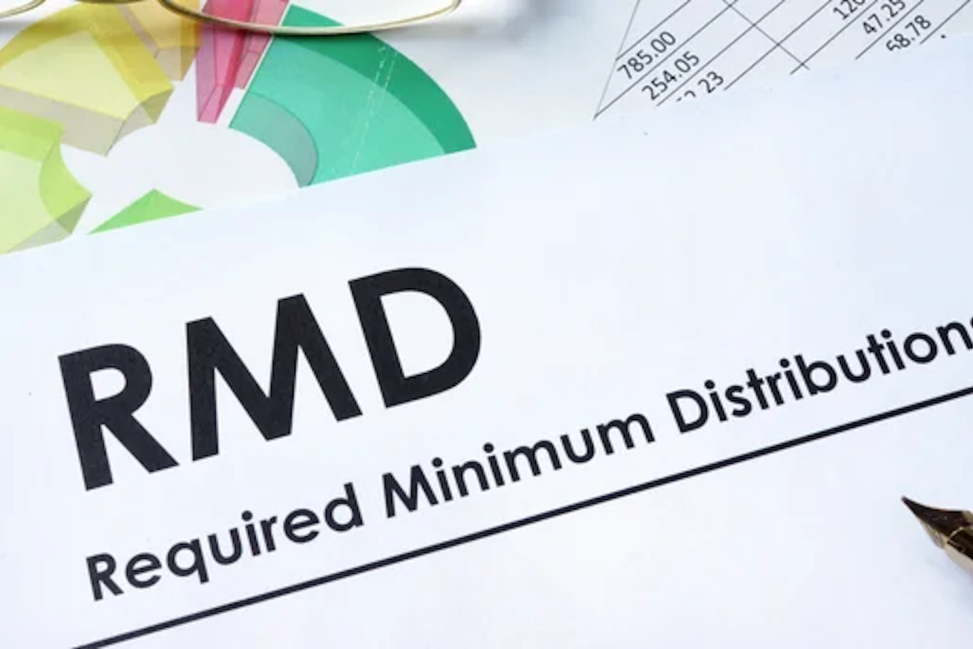One of the primary reasons investors turn to self-directed IRAs is the flexibility and freedom they offer. That freedom makes investing in non-traditional assets like real estate, livestock, and precious metals easier, but there’s more to SDIRAs than just straightforward investment opportunities. With an SDIRA, you can put your funds to work and earn interest as a private lender.
Using a self-directed IRA to loan money can yield strong returns, allowing you to maximize the funds in your account, but there are a few things to keep in mind.
Can I Use an SDIRA to Loan Money?
As we indicated above, the simple answer is yes; you can use your SDIRA to loan money. The funds in your SDIRA account can be used to originate a variety of secured and unsecured loan types, including.
- Personal loans
- Auto loans
- Small business loans
- Start-up business loans
- Mortgages (commercial and residential)
- Equipment financing
- Debt financing/bridge loans
Regardless of the type of loan you choose, it’s important to note that you, as an individual, are not the lender. Even though you generally have the final say over the terms and conditions of the loan, your SDIRA account is the actual lender. As such, loan payments, including interest, must go directly to your retirement account.
If you’re considering a loan opportunity but aren’t sure if you can use your SDIRA funds, it’s wise to contact your SDIRA custodian or a financial advisor who can help you determine eligibility.
Difference Between a Secured and Unsecured Loan
Personal and business loans typically fall into one of two categories: secure and unsecured.
Secured loans are loans that are backed by collateral. If the borrower fails to repay the loan, you can take possession of the collateral item per your loan agreement. Mortgages, auto loans, and business loans are commonly secured, typically with the property being financed.
For instance, if you extend a loan to an individual who is purchasing a home – i.e., a mortgage – you could take possession of their home if they fail to repay their loan. Similarly, a business finance loan can be secured by equipment, commercial real estate, or even business inventory.
As the name suggests, unsecured loans are not backed by collateral. Therefore, if the borrower fails to make payment following the loan agreement, they won’t have to turn over an asset. As a result, you can potentially lose the original funds and the interest you would have earned. Because of the increased risk, lenders typically apply higher interest rates to unsecured loans.
Before deciding what type of loan is best for you, it’s important to perform due diligence and determine the risks associated with the transaction. This can include credit and background checks, a review of a business plan or past performance metrics (if commercial), and the purpose of the loan.
Tips for Using an SDIRA to Loan Money
1. Set Terms
As the lender, you get to determine the terms of the loan agreement, including the loan amount, repayment period, payment schedule, origination fees, and interest. You can also stipulate a fee schedule for late or missed payments, the type of collateral (if secured), and any other feature you feel is important and valid.
2. Disqualify Persons
Acting as a lender gives you a lot of control, but that doesn’t mean you can lend to anyone. The IRS has very specific rules regarding who you can or, more specifically, cannot lend to. The IRS prohibits any transaction with a disqualified person, which includes:
- IRA owner’s fiduciary
- Spouse
- Ancestor (e.g., mother, father, grandparent, uncle, aunt)
- Lineal descendants (e.g., children and grandchildren)
- Spouse of a lineal descendant
3. Buying Existing Notes
If you want to use your SDIRA funds in a lending capacity, your options aren’t limited to new loans. For example, if you want to avoid some of the legwork associated with a new loan, you can purchase existing loans, known as “notes” or “promissory notes.”
Promissory notes, which may be available at a discounted rate, are a document that outlines a borrowed “promise” to pay. When you purchase one, you become the loan owner and will receive payments per the loan terms.
Like other loans, promissory notes can be unsecured or secured and are available in multiple forms, including mortgages.
4. Selling Real Estate from Your IRA
Another way to leverage loans as an investment strategy is selling real estate purchased by your IRA. In this case, you can put your real estate on the market privately or with a real estate agent familiar with SDIRA real estate sales. Once you have a buyer and complete the sales, you become the mortgage lender and maintain the promissory note.
Work closely with your custodian if you’re considering selling real estate from your IRA. They can ensure all the proper paperwork is made available and, where applicable, signed and submitted.
5. Fund a Business or Startup
Investing in a business, either well-established or in the start-up stage, is another way to leverage the power of lending to maintain a consistent flow of money into your SDIRA. Businesses can use loan funds for several purposes, including inventory or equipment purchasing, payroll, start-up costs, or simply an influx of capital to meet varied needs.
As with any loan funded through your SDIRA, it’s important to do due diligence and ensure that the business you’re funding can return the funds to the best of its ability. It’s also important to follow IRS guidance on any disqualified transactions or persons to ensure that your investment meets federal requirements.
Using self-directed IRA money to lend to an individual or business entity can be a great way to diversify your portfolio with an asset that offers a consistent influx of money. To make the most of your investment and to limit risk, always carry out due diligence and seek guidance from your custodian or a financial advisor who is well-versed in SDIRA investment.
Are you thinking about adding a lending-based asset to your portfolio? Contact Horizon Trust today. We can help you open your SDIRA and ensure that you meet the requirements attached to SDIRA lending.




